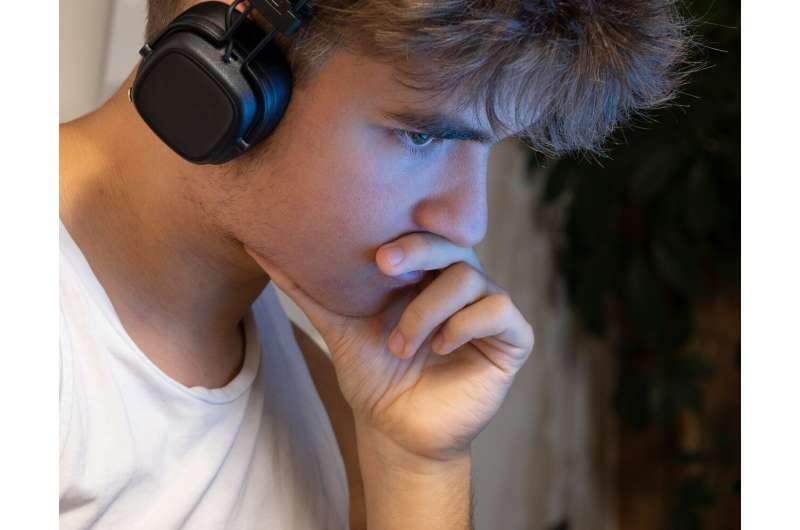Study Reveals Distinct Social Media Use Patterns Among Adolescents with Mental Health Conditions

Recent research conducted by the University of Cambridge provides valuable insights into how adolescents with mental health conditions engage with social media differently than their peers without such issues. Based on a survey of 3,340 young people in the UK aged 11 to 19, the study highlights that teens with diagnosable mental health issues, especially internalizing conditions like anxiety and depression, tend to spend more time on social media—approximately 50 minutes longer per day on average. These adolescents report greater dissatisfaction with the number of online friends and often experience mood fluctuations tied to social media interactions, such as likes and comments.
The study emphasizes that young people with mental health conditions, particularly internalizing disorders, are more prone to compare themselves to others on social media, which may exacerbate feelings of inadequacy and rejection. They also demonstrate lower self-control over their time spent online and are less likely to openly share their emotional states. Notably, adolescents with internalizing conditions are twice as likely to engage in social comparison and report mood changes after receiving social media feedback compared to their healthy peers. These patterns mirror offline experiences and suggest that mental health shapes online behaviors.
While the research does not establish causation, it indicates that mental health conditions influence how adolescents interact with social media. This could mean that mental health shapes online experiences or that social media use contributes to mental health symptoms—an area requiring further exploration. The findings also show that dissatisfaction with online friendships is common among teens with mental health challenges, which may intensify their feelings of rejection.
The study distinguished between internalizing conditions, such as anxiety, depression, and PTSD, and externalizing conditions like ADHD and conduct disorders. Most differences in social media behavior were observed in adolescents with internalizing issues, who reported higher levels of social comparison and emotional reactivity. Conversely, apart from time spent online, there were fewer notable differences among those with externalizing disorders.
Experts suggest these findings could inform clinical practices and early intervention strategies. However, the authors emphasize that social media's impact on mental health is complex and understudied. They advocate for more comprehensive research combining experimental methods with real-world social media data to better understand content effects, especially for vulnerable groups such as those with eating disorders or ADHD.
In conclusion, this pioneering research underscores the need to consider the nuanced ways mental health influences online experiences and highlights the importance of tailored approaches to support adolescents in navigating social media healthily.
Stay Updated with Mia's Feed
Get the latest health & wellness insights delivered straight to your inbox.
Related Articles
Using Smartphone Sensors to Detect Mental Health Trends via Daily Behavior Monitoring
Discover how smartphone sensors are revolutionizing mental health monitoring by revealing behavioral patterns linked to psychological well-being and disorders, enabling early detection and intervention.
A Positive Attitude Toward Aging Enhances Recovery in Seniors After Falling
A positive outlook on aging significantly boosts physical recovery in seniors after falls, reducing dependency and inactivity. New research emphasizes the role of psychological health in aging well.



